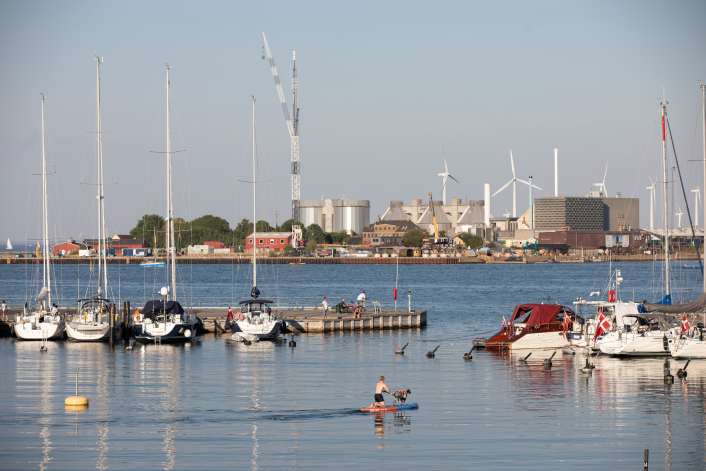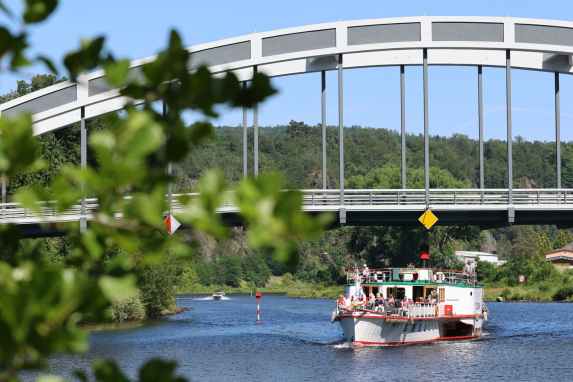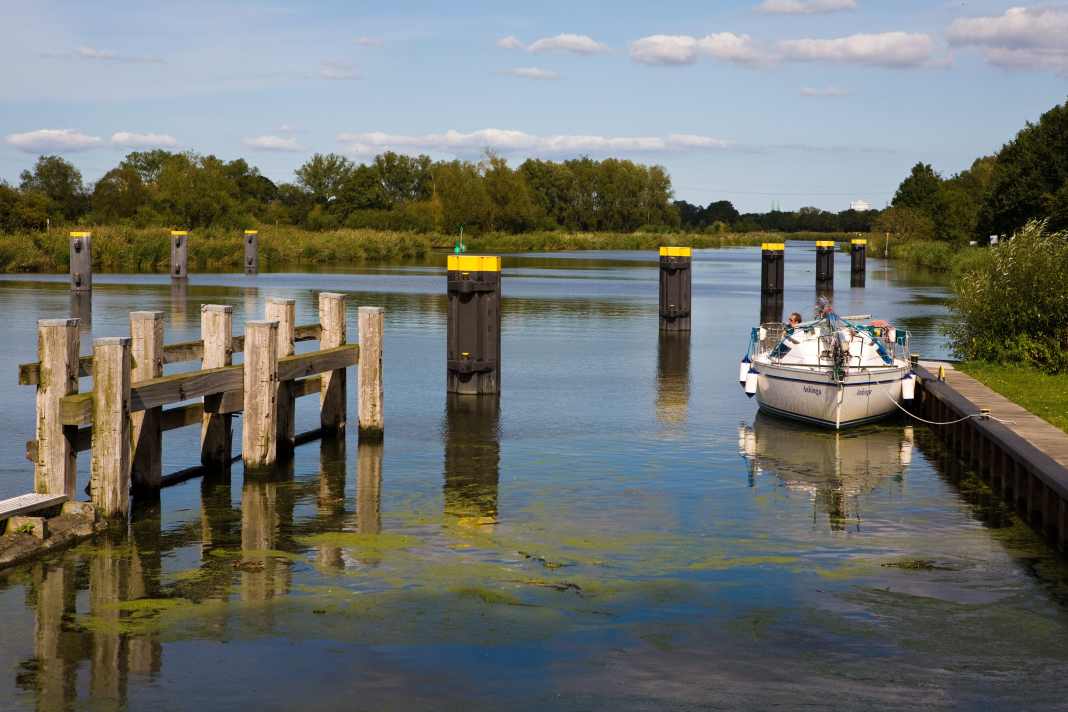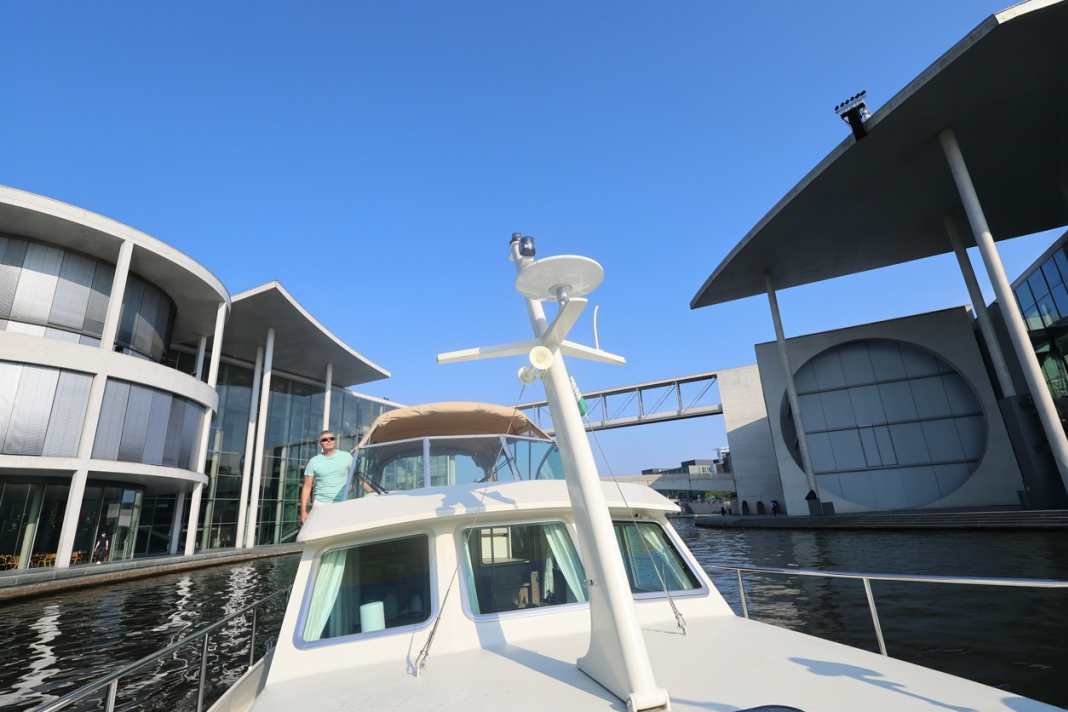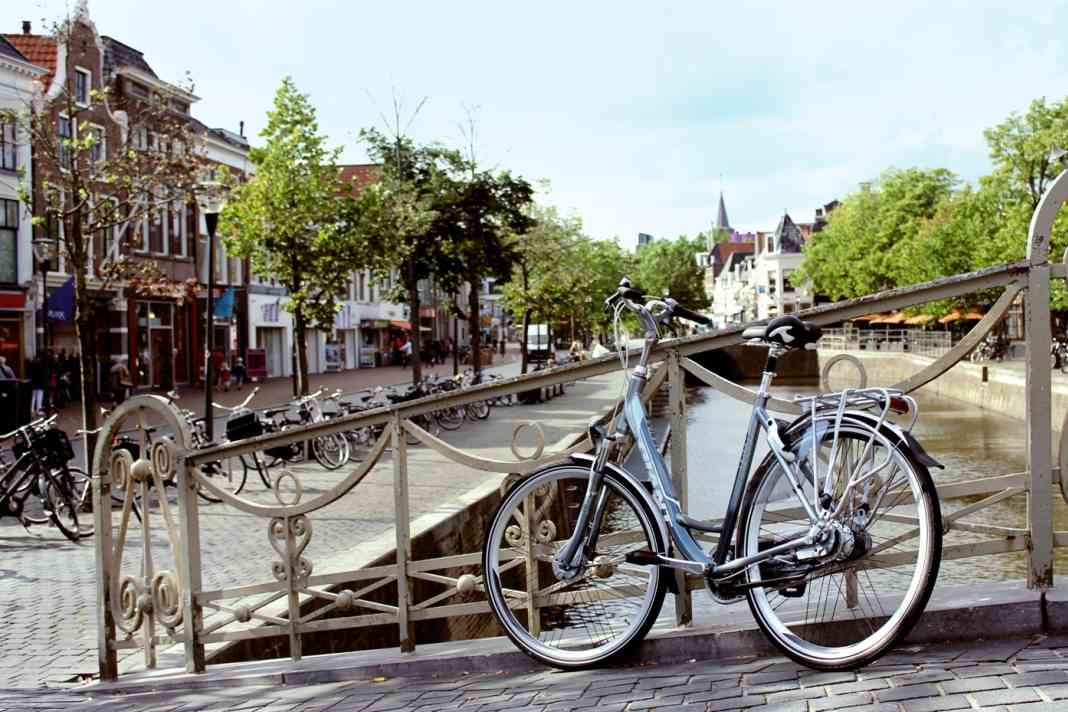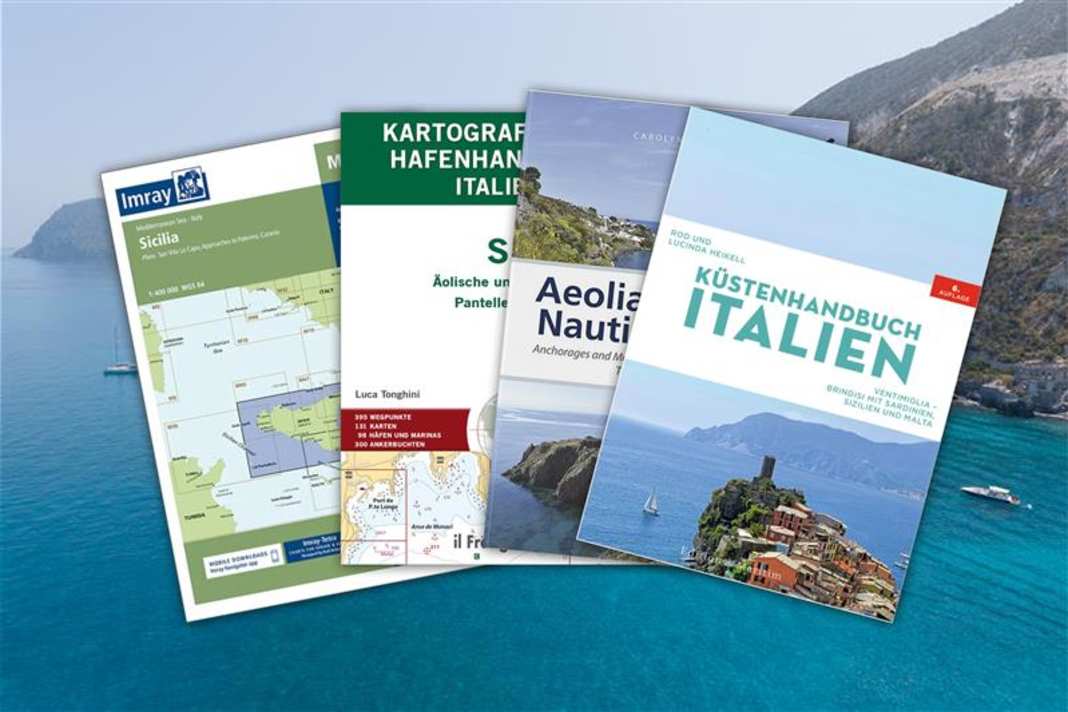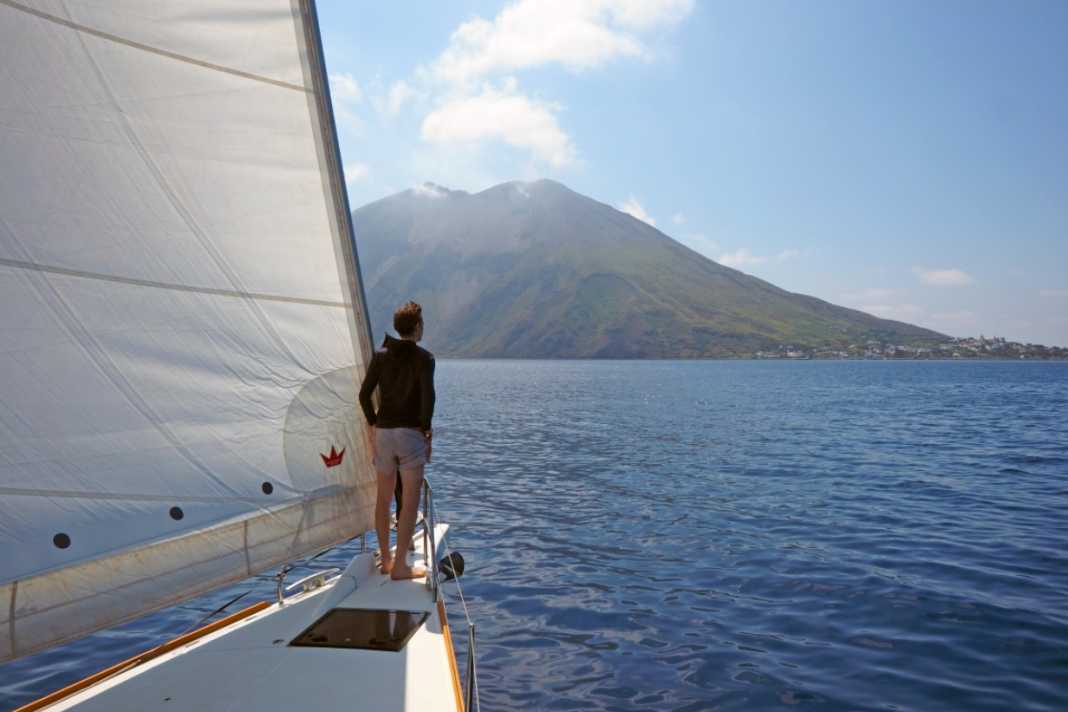Charter: Renting boats - what you need to consider
Spend a week on a motor yacht that makes you crane your neck. Or on the traditional wooden sailing ship that you have been marvelling at for years at the Hanse Sail. Perhaps you are "just" dreaming of a houseboat holiday with the family on the Mecklenburg Lake District. Whatever your dream of a holiday on the water looks like - thanks to the possibility of chartering, i.e. renting boats, you can make it come true Admittedly, there are some charter yachts that are not necessarily affordable for everyone. But they are also available at medium and even low price levels.
Whether yacht chartering is a "once-in-a-lifetime" thing for you or the way you regularly spend your holidays - BOOTE has tips for you on what you should consider when renting a boat.
Why boat charter: The advantages of temporary skipper life
Not everyone has been confronted with the idea of spending a holiday not only on the water, but also on the water. Not everyone actually has boat charters on their radar as a holiday option. Renting a boat for a day on holiday is perhaps more likely.
People who live near the coast usually have more of a connection to boats than the classic Adriatic tourists. Or also on other, beautiful Revieren such as lakes or rivers. You may even be in possession of a boating licence so that you can fully enjoy the motorboat or sailing Eldorado on your doorstep. This investment is certainly worthwhile when the water is so close. However, not everyone can afford it. But it's not just the finances that sometimes speak against owning a boat. Not everyone wants to take on the many tasks that come with owning a yacht: transport, maintenance, repairs, winter storage, finding a mooring, paperwork ... In fact, only some of the time you spend on your own boat will actually be spent on the water. Some owners don't mind, on the contrary - they enjoy engine maintenance and sanding just as much as jetting across the water. For others, however, it would be unthinkable to spend so much time on all these trivialities when all they really want to do is go boating.
This is exactly where the charter comes into play: you book your boat like a holiday - you have very little to do with maintenance, care, repairs, wintering, insurance, transport by road and other tasks. Nevertheless, a yacht charter is no ordinary holiday - packing your bags is not quite enough to be well prepared.
Type of charter: bareboat or crewed?
A key question when chartering a boat is whether you want a "bareboat charter" or a "crewed charter". With the first option, you only hire the boat, without a crew, and are therefore solely responsible for all tasks on board. You must therefore have all the skills required to steer the boat. If you share the boat with many other people, the costs for the staff, which you have to pay for in addition to the boat hire, are no longer so significant. Crewed charter can either mean that only a skipper is provided and the guests also take on work on deck.
In addition to the classic options of chartering a boat, there are also alternative ways: for example, the "berth for a hand" concept, where you can sail for free or for a small fee in exchange for helping out on board.
Typical charter boat types and their advantages and disadvantages
Once you have finally decided on the type of charter, the next decisions have to be made. One of these is the type of boat.
The classic motor yacht as a sleek glider is what many motorboat enthusiasts want - whether for a day trip or for one or even several weeks' holiday. Comfortable equipment and enough horsepower to glide across the water on the stern - for many skippers, this is the dream boat come true. Such a dream comes at a price: a week on a motor yacht with several cabins is not a cheap holiday.
Catamarans are also often offered by charter companies. They offer plenty of space on deck and are very stable in the water, hardly rolling or pitching even in heavy seas - perfect for anyone who doesn't want to miss out on a seafaring experience despite seasickness.
Houseboats are becoming increasingly popular, especially in inland areas. These sluggish watercraft are a licence-free option for holidays on the water that beginners and families like to use. Of course, in addition to the most common types of charter boat, there are also other types that can be hired:
- Trolling boats for anglers
- ocean-going trawler yachts
- Electric boats
- all possible types of sailing boats
- Steel displacers and many more
The choice of boat type should, of course, depend on your own needs and the purpose of use. The following factors should play a role in the decision:
- Recreational craft licence available or not
- Area (sailing area/motorboat area)
- your own abilities
- your own needs and priorities (comfort, speed, space, certain leisure activities)
- Number of people travelling with you
- Duration of the journey
- Climate/ weather in the travel area/ season
- Budget
- Available providers and their conditions
Booking: What you need to consider when concluding charter contracts
When booking day trips or holidays with charter boats, there are various ways to proceed. Just as with other Travelling you can take care of all the components (travel, accommodation on land before and after the holiday on board, boat charter) of the trip yourself. However, there are also travel agencies that specialise in such holidays and offer everything from a single source. Various platforms on the Internet that organise charter boats can also be helpful.
Once you have finally decided on an area, boat and type of booking, you must conclude a charter contract with the boat hire company. This must contain important basic information such as personal details of the owner and the hirer, type, name and exact location of the boat, rental period, price, deposit amount, time and method of payment, etc. Hirers should take a close look at the cancellation conditions, the specified equipment and the liability and insurance conditions. There are major differences here, which can be decisive for the smooth running of the holiday or the reason for a dumping price. If the sum insured is too low, the consequences can be fatal.
An inventory list is usually sent together with the charter contract. From this you can see what else you need to bring with you.
It increases the anticipation immeasurably: Route planning
Once the charter has been firmly booked, the journey planning is far from complete. There is usually more than one route to choose from and you should think about where you want to go in advance and then familiarise yourself with the conditions in the area and in the Marinas that are to be controlled.
The Mediterranean, especially Croatia, is a very popular destination for motor boaters. That's why there is so much information material and sailing guides for this popular area, which can be used to plan your itinerary.
On inland waterways, there is less choice when planning the route. It depends on the time factor how far you get and when you have to turn back. Some charter companies have several bases and you can return the rented boat to a different location than where you rented it. This means that you don't have to turn back halfway through and travel the same route twice.
In addition to information material from the internet, area guides or apps, your contact person at the motorboat hire company is an important source of information for planning your route. They know which routes suit your needs and can make suggestions. It is therefore best to contact the charter company before handing over the boat and enquire about possible routes.
Maintenance and care: What tasks are charterers responsible for?
Even if you have nothing to do with major maintenance work during the charter, you are not completely left out when it comes to the maintenance and care of the boat. For the most part, you will have to carry out regular checks. But you should also be able to clean a clogged water filter or intake flange or carry out other simple maintenance work. Therefore: Thorough instruction is the be-all and end-all! A lack of time should therefore not play a role in the handover. Defects must be documented so that they do not fall back on you later.
If, despite everything, damage occurs or problems arise, this should be reported to the charter company immediately. It is not advisable to simply visit a workshop on your own if you want to have the expenses for a repair reimbursed by the hire company later.
Carefree chartering: With all the necessary insurance - and good seamanship!
The belief that you don't have to worry about insurance when you charter is a misconception - or at least not entirely true.
On the one hand, there are various types of travel insurance, all of which you have to take out yourself if you want to enjoy protection against unpleasant costs. These include, for example, travel cancellation insurance and international health insurance. But accident insurance can also be useful if you are going on a charter trip. However, accidents involving water sports equipment are not included in all accident insurance policies and there are special water sports accident insurance policies. Contrary to expectations, the charter company's liability insurance does not necessarily cover all cases - this gap can only be closed by taking out additional skipper liability insurance. Deposit insurance is also available to cover you if the deposit or part of it is not refunded due to damage to the boat.
It is best to ask to see the charter company's insurance policy before travelling. You should also enquire about the liability cover. If damage is actually caused to the boat during the trip, this should be reported to the charter company immediately. The charter company is the first point of contact in the event of damage and will clarify further details with the insurance company and other parties involved.
A holiday on a boat is not just about relaxation and adventure, but also entails obligations and responsibility - towards your own crew, but also towards other road users and the environment.
Unlimited chartering options: keep track with BOOTE!
Thanks to boat charters, boat enthusiasts can get to know different types of boats and sailing areas. For many, this is worth more than being able to call a boat their own. Of course, it also requires a great deal of flexibility to keep familiarising yourself with new boats, sailing characteristics and sailing areas. It is probably a question of type or belief whether you want to be a charterer or an owner. And a financial one.
BOOTE guides you through the jungle of charter offers - from Lake Constance to the canals of France and the Dalmatian coast. BOOTE provides tips, checklists and experience reports so that you know what is important when chartering!
